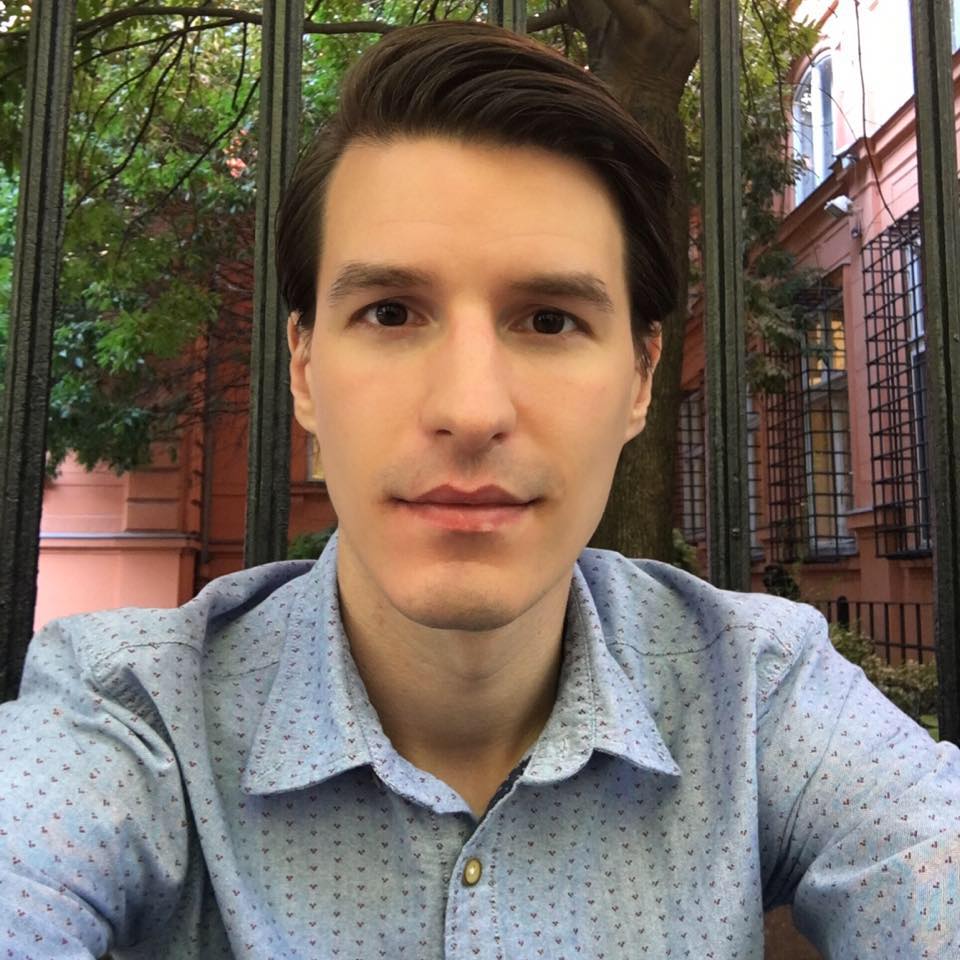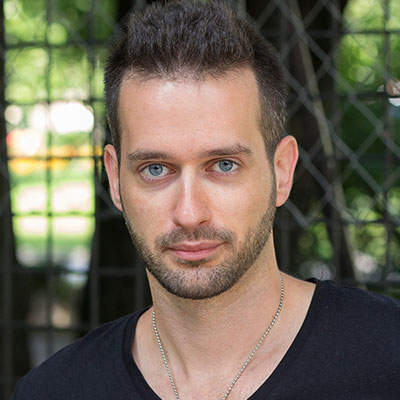52nd Annual ASEEES Convention, Washington, D.C., November 5–8
Convenor: Árpád von Klimó (The Catholic University of America, DC, USA)
Discussant: Steve Jobbitt (Lakehead University, Canada)
Chair: Judith Szapor (McGill University, Canada)
Decolonization became a major debate since the 1960s, complicating Cold War Culture and challenging the West’s claim for moral superiority and human rights policies. Communist countries like Hungary began to engage in diplomatic campaigns with the double aim at convincing new states in Africa and Asia to support the Soviet sphere instead of the West and to undermine the image of many Western states by focusing criticism on their colonial past or involvement in colonial wars or support of anticommunist authoritarian regimes. After the Algerian War, it was the Vietnam War and the support of the fight of “liberation” movements which became one of the most important ideological and practical battle fields for the new version of anti-colonial and anti-imperialist propaganda, aimed at domestic as well as international (UNO, UNESCO, IOC, other world sports organizations) and transnational audiences (Africa, Asia, Western Europe, USA). During this time, and increasingly since the Second Vatican Council, colonialism and post-colonial critique became an intensifying debate also among Catholics all over the world, not only in relation to Latin America and Liberation Theology. In the world of sports, Hungarian functionaries and athletes also participated. Similar new ideological debates erupted in the international networks of academia and the sciences, as the example of the Hungarian noble laureate (Chemistry), Albert Szent-Györgyi, demonstrates.
We are still at the beginning to study the questions related to these complex problems. Our panel will attempt to clarify some of the assumptions and research problems related to the connection between Cold War politics, decolonization, Hungarian and Vatican diplomacy. The papers of this panel show that the outcome and results of the anti-colonialist activities and debates were often contradictory.

The Soviet Union, the United States and Nuclear Fear: Albert Szent-Györgyi’s Political Life, 1945–1973
Ádám Farkas (Eötvös Loránd University, Hungary)
Albert Szent-Györgyi was a popular public figure after the WWII and he was expected to become the President of Hungary. He was saved by the Soviets, spent two months in the Soviet Union and was one of the founders of the Hungarian- Soviet Cultural Association. The non-communist Nobel laureate scientist worked together actively with the Soviets to rebuild the Hungarian cultural life. As he became dissatisfied with the political changes, he emigrated to the United States in 1947. Since the mid-1960s he turned to the politics again, he spoke out against the Vietnam War. He criticized the US government and urged to cooperate with the Soviet Union for peace. But for Szent-Györgyi it was never the criticism of the imperialistic intentions. Like many of his scientific colleagues, he was deeply concerned about the destructive uses of scientific knowledge. Szent-Györgyi turned to civil and political rights, peace and antiwar movements. His writings (The Crazy Ape, What next?, Science, ethics and politics, Lost in the 20th century) became standard works in the antinuclear movement. His perception of the superpowers changed once again, and in his eyes the Soviet Union somehow appeared as a following example for the United States. His image was rehabilitated in Hungary and visited the country in 1973. The paper investigates Szent-Györgyi’s involvement in politics, his changing attitudes to the superpowers and the social movements related to Eastern Bloc and the West. Drawing on oral history, memoirs and archival materials, the study reflects on ideology, rebellion and political belief.

Connecting the Local to the Global in the Cold War: Hungary’s Contribution to Western Colonialist Sport Practices in the International Olympic Committee, 1960s–1989
Johanna Mellis (Ursinus College, USA)
For part of my book manuscript, I am exploring socialist Hungary’s work with the International Olympic Committee (which was and is a colonialist organization). Sport leaders from Hungary and the other Eastern Bloc countries helped to ‘decolonize’ the IOC in some regards, by bringing in and working more with sport leaders from African and Asian countries. But they also worked hard to uphold the IOC’s discriminatory ‘Amateur Rule,’ which forbade athletes from receiving commercial sponsorships for their sport endeavors. Eastern Bloc sport leaders did this in order to protect the state-supported sport systems back home from scrutiny (to continue giving athletes prized material privileges and prevent them from defecting to the West). But their efforts also severely restricted athletes in non-authoritarian countries from getting the money they needed to train, compete, etc., and thus contributed – even if inadvertently – to the discriminatory policies of the sport body.

Anticommunism, Decolonization and the Vatican: Cardinal Mindszenty in Portugal (1972)
Árpád von Klimó (The Catholic University of America, DC, USA)
On October 11, 1972, the head of the Hungarian Catholic Church in exile, Cardinal Jozsef Mindszenty, arrived in Portugal, for a one week-long visit. On the next day, Mindszenty was at the center of an extensive program of prayer, rosaries and masses at the Shrine of Fatima. He celebrated High Mass in front of approx. 250,000 people. The Hungarian Cardinal in his short speech emphasized that the Fatima secrets” were also addressed at him, who suffered from “Russia … spreading error over the world”, that is: a Communist system which oppressed the church. Mindszenty had been a symbol of anticommunist resistance since his incarceration in 1949, and his 15-year long stay at the US Embassy in Budapest (1956-71). With Portugal, he visited a country with an authoritarian regime that was increasingly justifying its existence with anticommunism. The colonial wars in Angola, Mozambique and Portuguese Guinea (1961–75) had ruined the finances of Portugal and the high number of victims and the suffering of Portuguese troops, similar to Vietnam, had contributed to the undermining of the regime that claimed to adhere to Catholic teaching, while the Vatican and progressive Catholics increasingly challenged its ideology. My paper studies the visit of Mindszenty in relation to the wider political context, the changing understanding of colonialism among the Vatican and Portuguese Catholics, the Cold War conflict related to Communist Hungary and the West, based on documents from Mindszenty’s private archive in Budapest (Mindszenty Foundation), from the Hungarian Foreign Ministry, as well from a variety of other primary sources.

The Clash of Colonialisms: The Race Between Hungarian Communist and Anti-Communist Anti-Colonialism in the Third World
Zoltán Ginelli (Independent Scholar, Hungary)
This paper explores how Hungarians on both sides of the Iron Curtain opened up to Afro-Asian decolonisation through competing constructions of Eastern European semiperipheral postcoloniality to be shared with the Third World. State-socialist Hungary struggled to open up via socialist globalisation against Western protectionism, and developed anti-colonialism against Western Empire and solidarity towards emerging postcolonies. The stakes were high, because Hungarian anti-communist political refugees in the West were already racing to first develop anti-colonial solidarity towards postcolonial countries and persuade them against “Soviet colonialism”. Backed by the USA, Hungarian ex-premier Ferenc Nagy successfully popularised this critique in the International Peasant Union and the Assembly of Captive European Nations, and during his Asian trip (1954) managed to manipulate the first Third World conference in Bandung (1955). In the race for recognition, the communist leadership in Hungary was losing initiative. After the 1956 revolution, Hungarian communists struggled to persuade Third World countries in the United Nations to vote against the Western condemnation of the Soviet invasion, and post-Stalinist Khrushchevian opening up policy allowed them to seek recognition by exporting the “Hungarian development model” to the Third World. Ghanaian president Kwame Nkrumah looked to the socialist world to relieve Western dependency and in 1962 requested the Hungarian economist József Bognár to develop the newly decolonised African country’s First Seven-Year Plan. While Hungarian refugee experts like Imre Kovács were working as anti-communist reform advisors in Latin America and Asia, Bognár’s Centre for Afro-Asian Research (1963) promoted export-oriented growth to reposition and integrate state-socialist Hungary in the global economy.